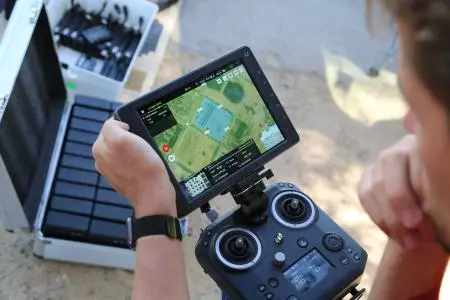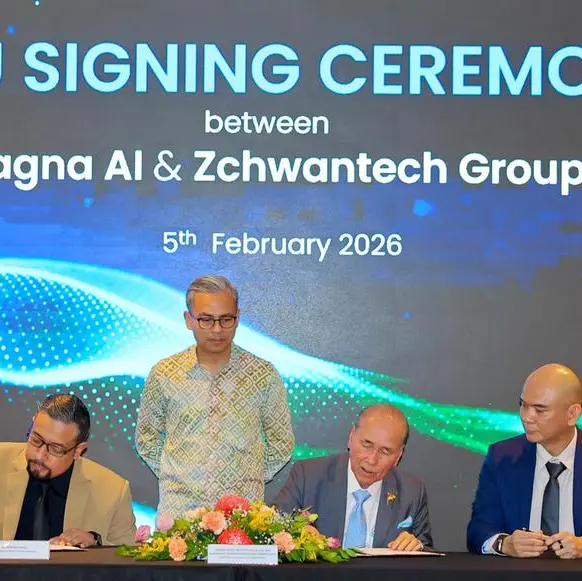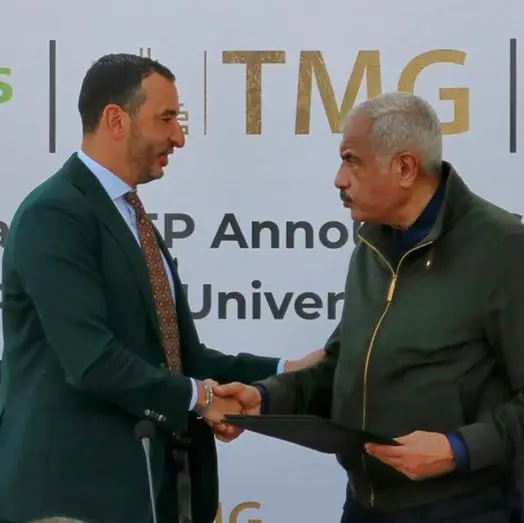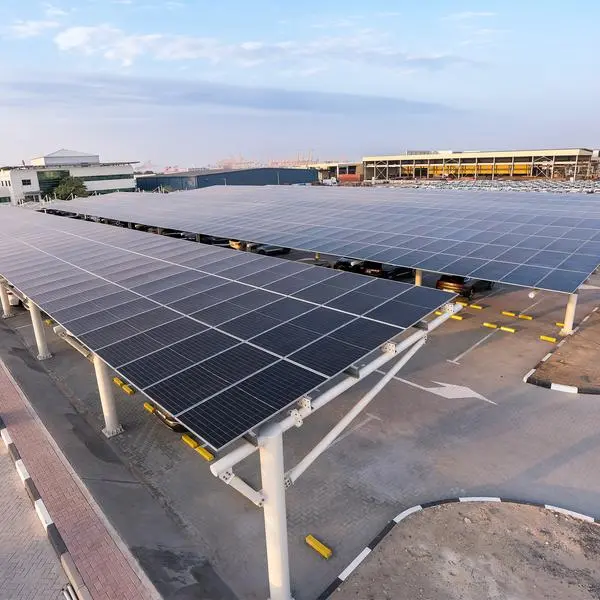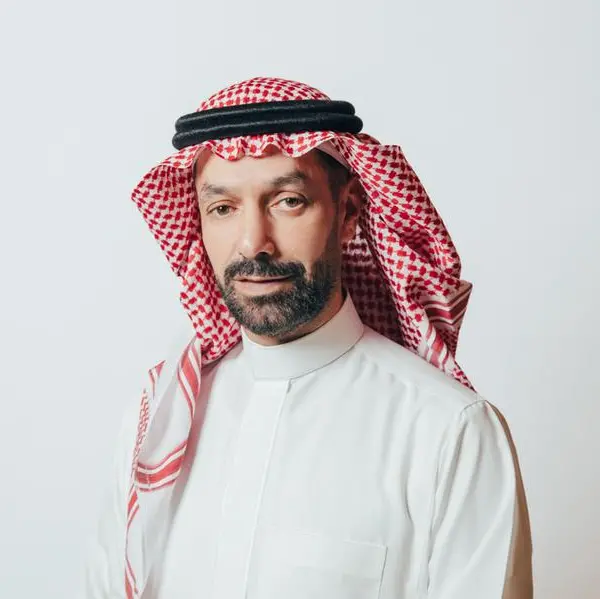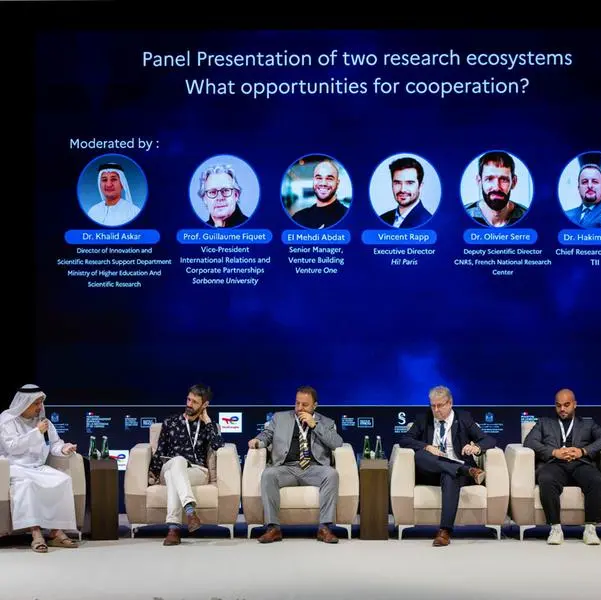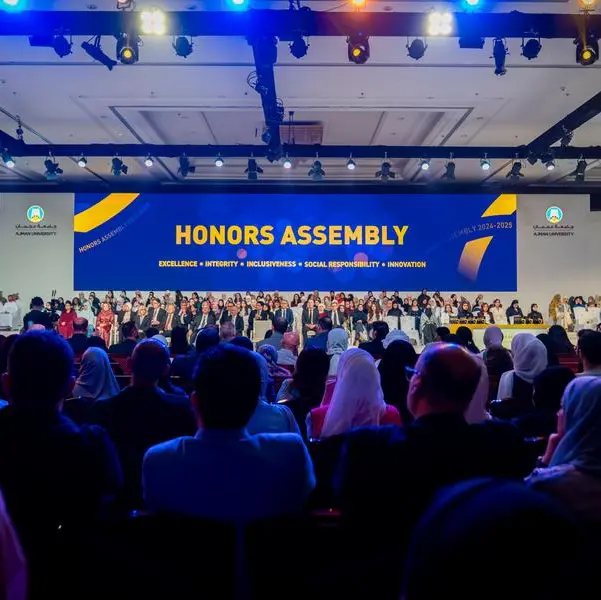PHOTO
Abu Dhabi, UAE: The Environment Agency - Abu Dhabi (EAD) and the International Center for Biosaline Agriculture (ICBA) signed recently a new agreement aimed at enhancing sustainable environmental development and protection in the UAE.
Signed by Her Excellency Dr. Shaikha Salem Al Dhaheri, Secretary General of EAD, and Dr. Ismahane Elouafi, Director General of ICBA, the memorandum of understanding (MoU) spells out the main areas of cooperation in ensuring the sustainable use of natural resources such as groundwater, soil and biodiversity.
Commenting on the partnership, Dr. Shaikha Salem Al Dhaheri, Secretary General of EAD, said: "We believe our success at EAD has always been a direct result of several collaborative efforts with important organizations and we are very pleased to sign this MoU with the International Center for Biosaline Agriculture with such a significant scope of work. We have a long-standing relationship with ICBA, and together we will be able to apply the larger framework for the conservation of the environment in Abu Dhabi through initiating projects that will safeguard the soil, groundwater, and biodiversity. Through this partnership, which will span three years, we will be able to develop studies of our natural habitats and lead research that will help us achieve our vision of protecting our nature, resources, and species."
For her part, Dr. Ismahane Elouafi, Director General of ICBA, commented: "We are delighted to partner with the Environment Agency - Abu Dhabi to explore and implement new projects to improve some of the essential natural resources such as soil, water and groundwater in the UAE. The strategic partnership of more than 15 years between EAD and ICBA has advanced the missions of both organizations and has been behind several water conservation projects and initiatives in Abu Dhabi. This new MoU will allow us to do much more together and support further Abu Dhabi's environmental protection."
The agreement stipulates collaboration in, among other things, rangeland rehabilitation and management; data sharing; exchange of seeds and native plants; use of germplasm from ICBA’s gene bank for some of EAD's seed collections; and research on drought-resistant species which could be potentially used for restoring some degraded habitats.
Moreover, the agreement focuses on joint work on the use of remote-sensing and drone technologies for propagation and habitat monitoring; soil quality monitoring, assessment and mapping; applied research on hydroponics; and the use of reject brine from desalination units.
The two organizations will also cooperate in capacity development in water management in general and innovative water-saving technologies in particular; as well as training EAD staff in gene sequencing and other aspects of genomics.
EAD and ICBA also aim to conduct joint research on developing native plant species adapted to dryland conditions for restoration programs; develop and update water policies and strategies; and study the impact of climate change on water resources.
EAD and ICBA have a long-running partnership. ICBA worked with EAD, one of the center’s main donors, on a number of major projects such as the Abu Dhabi Water Master Plan in 2009. The center also contributed to the soil survey of the Emirate of Abu Dhabi (2006-2009), which provides comprehensive digital soil information for decisionmakers and land use planners. ICBA also partnered with EAD for the soil salinity management plan, which was recently launched to develop a nationwide model for the optimization of available water and soil resources.
In 2014, the two organizations published a book titled “The United Arab Emirates Keys to Soil Taxonomy” in collaboration with the Natural Resources Conservation Service of the United States Department of Agriculture.
And in 2019, EAD and ICBA collaborated with Massey University, New Zealand, on developing a crop calculator tool to help estimate the actual water consumption of different crops. This tool will help to regulate groundwater abstraction in the emirate of Abu Dhabi and enforce Law No. 5 of 2016 and its executive order.
Furthermore, EAD and ICBA also initiated a joint program with other stakeholders to implement best practices in aquaculture and cultivation of Salicornia, a multipurpose halophytic crop, using reject brine from desalination units.
-Ends-
Press inquiries:
Mr. Showkat Nabi Rather, ICBA: s.rather@biosaline.org.ae , or +971 55 137 8653
Press Office, EAD: pressoffice@ead.ae , or +971 50 442 5096
About ICBA
The International Center for Biosaline Agriculture (ICBA) is a unique applied agricultural research center in the world with a focus on marginal areas where an estimated 1.7 billion people live. It identifies, tests and introduces resource-efficient, climate-smart crops and technologies that are best suited to different regions affected by salinity, water scarcity and drought. Through its work, ICBA helps to improve food security and livelihoods for some of the poorest rural communities around the world.
About EAD
Established in 1996, the Environment Agency - Abu Dhabi (EAD) is committed to protecting and enhancing air quality, groundwater, as well as the biodiversity of our desert and marine ecosystem. By partnering with other government entities, the private sector, NGOs and global environmental agencies, we embrace international best practice, innovation and hard work to institute effective policy measures. We seek to raise environmental awareness, facilitate sustainable development and ensure environmental issues remain one of the top priorities of our national agenda.
© Press Release 2020Disclaimer: The contents of this press release was provided from an external third party provider. This website is not responsible for, and does not control, such external content. This content is provided on an “as is” and “as available” basis and has not been edited in any way. Neither this website nor our affiliates guarantee the accuracy of or endorse the views or opinions expressed in this press release.
The press release is provided for informational purposes only. The content does not provide tax, legal or investment advice or opinion regarding the suitability, value or profitability of any particular security, portfolio or investment strategy. Neither this website nor our affiliates shall be liable for any errors or inaccuracies in the content, or for any actions taken by you in reliance thereon. You expressly agree that your use of the information within this article is at your sole risk.
To the fullest extent permitted by applicable law, this website, its parent company, its subsidiaries, its affiliates and the respective shareholders, directors, officers, employees, agents, advertisers, content providers and licensors will not be liable (jointly or severally) to you for any direct, indirect, consequential, special, incidental, punitive or exemplary damages, including without limitation, lost profits, lost savings and lost revenues, whether in negligence, tort, contract or any other theory of liability, even if the parties have been advised of the possibility or could have foreseen any such damages.
